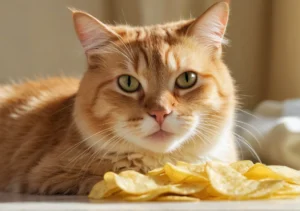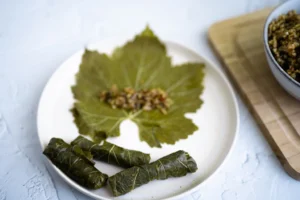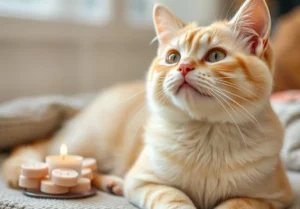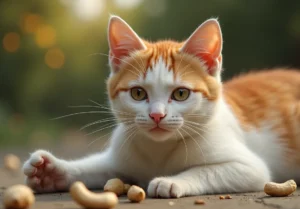Peanuts are a common snack for humans, but have you ever wondered how they stack up for our feline friends? The question lingers: are peanuts safe or harmful for cats?
Peanuts are not toxic to cats. However, while they won’t cause immediate harm, they aren’t the best snack option for your furry companion. But there’s more to consider than just toxicity. Let’s uncover the details that every cat owner should know.
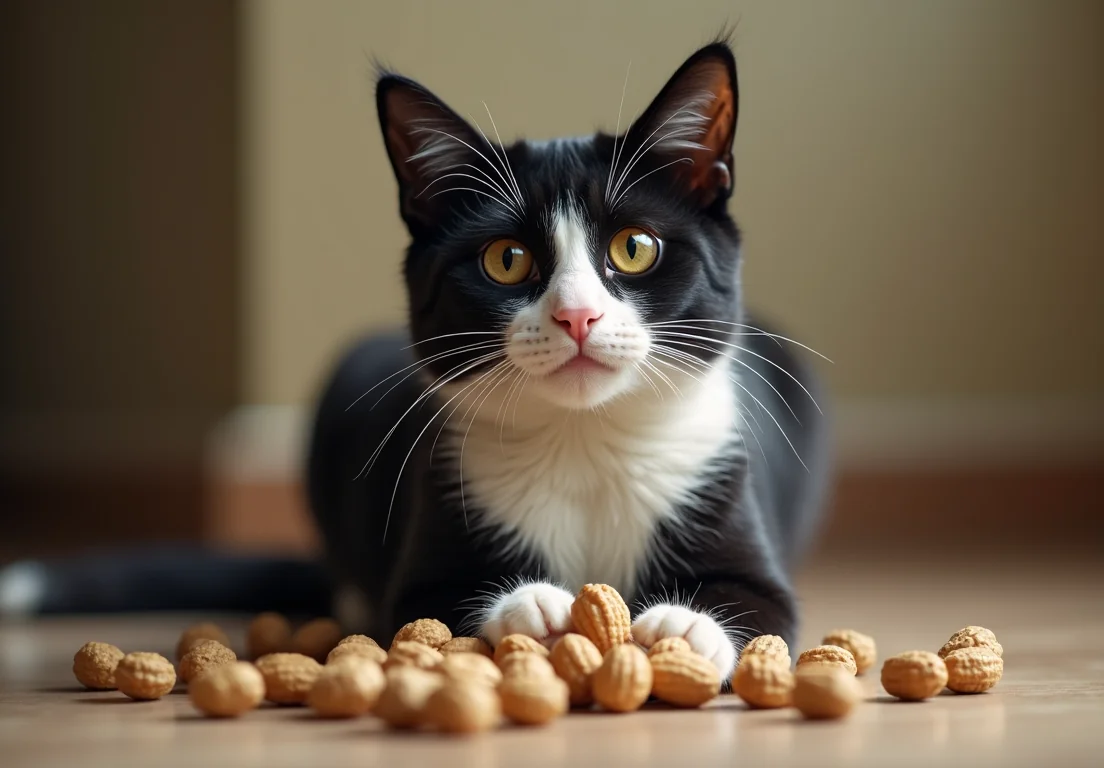
Can Cats Eat Peanuts at All?
Peanuts aren’t typically considered a cat-friendly food.
While they aren’t outright toxic to cats, their digestive systems aren’t equipped to handle them well. Cats are obligate carnivores, meaning their diet is primarily based on meat.
Cats possess a shorter gastrointestinal tract compared to herbivores, indicating a natural adaptation for digesting protein-rich foods rather than plant matter. Additionally, they lack the necessary enzymes to break down cellulose found in plant cell walls. Consequently, their optimal diet is one that provides animal protein, which is crucial for their survival and health. Therefore, cats thrive best on a meat-based diet.
Peanuts, being legumes, don’t offer the necessary nutrients that cats need to thrive.
If you’re curious about trying peanuts with your feline friend, it’s essential to remember a few key points. Firstly, if you do decide to offer a small amount of peanut—preferably unsalted and unseasoned—observe your cat’s reaction closely. Signs of discomfort such as vomiting or diarrhea may indicate that peanuts don’t agree with them. Also, avoid processed peanut products, especially those containing sugar, salt, or chocolate, all of which can be harmful to cats.
What Nutrients Do Peanuts Provide?
Peanuts contain several nutrients, but their benefits for cats are minimal. They’re a great source of protein and healthy fats, but cats get their needed proteins from animal sources which provide the complete amino acids required for their health. Here’s a closer look at what peanuts offer:
- Protein: While peanuts are high in protein, it’s not suitable for meeting a cat’s dietary needs.
- Fats: Healthy fats can be beneficial, but too many can lead to obesity or pancreatitis in cats.
- Vitamins: Peanuts contain vitamins like E and B, but cats derive vitamins from their meat-based diets.
In summary, while peanuts do have some nutritional value, they lack the essential components that cats truly need. It’s best to steer away from giving them this legume and stick to cat-specific treats for a happy, healthy feline.
Are There Any Risks Involved?
Peanuts aren’t inherently toxic to cats, but that doesn’t mean they’re without risks. Allergies can be a significant concern; just like humans, cats can have allergic reactions to peanuts.
Symptoms might include vomiting, diarrhea, or skin irritations. If your cat shows any of these signs after having peanuts, it’s a good idea to steer clear of them in the future.
Digestive issues are another factor to consider. Cats are obligate carnivores, which means their digestive systems aren’t designed to handle large amounts of plant material. While a small piece of peanut might not cause immediate problems, peanuts are high in fat and can lead to gastrointestinal upset or even pancreatitis if consumed in excess. This particularly applies to flavored or salted peanuts, which can further complicate things.
Always keep an eye on your cat’s response to new foods. If you’re unsure about feeding peanuts, it’s wise to consult your vet.
How Much Peanut is Safe?
If you do decide to give your cat a taste of peanut, moderation is key. A tiny amount—think the size of a pea—is generally safe for most cats.
It’s essential to introduce any new food gradually, watching for adverse reactions.
Here are a few things to keep in mind:
- Portion Size: A small piece (about 1/8th of a whole peanut) is usually enough.
- Preparation: Always opt for unsalted and unseasoned peanuts. Avoid peanut butter with added sugar or xylitol, which is toxic to cats.
- Frequency: Treat peanuts as an occasional snack, not a regular part of their diet.
Remember, every cat is unique, so it’s important to adjust based on how your furry friend responds. If you’re ever in doubt, check with your vet for personalized advice tailored to your cat’s health.
What to Do If Your Cat Eats Peanuts?
If your cat happens to munch on a peanut, don’t panic right away. Peanuts aren’t typically toxic to felines, but that doesn’t mean you should overlook it.
First off, watch for signs of distress. Symptoms like vomiting, diarrhea, or lethargy could indicate a reaction. It’s crucial to take action if you see these signs.
Next, remove all remaining peanuts or peanut products from your cat’s reach. Even if they’re not immediately harmful, they’re not exactly a healthy snack.
If your cat shows any troubling symptoms, reach out to your vet for advice. Provide them with the details of how many peanuts your cat ate and any other relevant info. In many cases, the vet might suggest monitoring your pet at home. Keep an eye on their behavior for several hours post-ingestion.
Should your cat be microchipped, ensure your contact info is up-to-date. After all, if a trip to the vet becomes necessary, every second counts.
Are Peanut Butter and Peanut Snacks Safe?
Peanut butter might seem like a tasty treat for your cat, but it’s best approached with caution. Most commercial peanut butter contains added sugars, salt, and preservatives that aren’t good for your furry friend. Plus, some brands contain xylitol, a sweetener that’s toxic to pets.
If you must share, stick to natural peanut butter that’s just peanuts — and only give a tiny amount as an occasional treat.
Peanut snacks, like roasted peanuts or peanut-flavored treats, should also be avoided. These snacks can pose choking hazards due to their size and texture. Not to mention, like whole peanuts, they offer very little nutritional benefit to cats, who thrive on a diet that’s rich in meat.
As a rule of thumb, it’s always wise to consult your vet before introducing any new human food into your cat’s diet. Prioritizing your pet’s health means making informed choices about what they consume.
When to Consult a Veterinarian?
Cats can be pretty stoic, masking discomfort or illness, which makes observing their behavior crucial if they’ve ingested peanuts. If your cat shows any of these signs after consuming peanuts, a vet visit is warranted:
- Vomiting: This can indicate their digestive system is struggling.
- Diarrhea: Any significant change in bowel movements should be monitored.
- Lethargy: If your typically active cat seems sluggish or withdrawn, it might signal something’s wrong.
- Loss of Appetite: Sudden disinterest in food can be a red flag.
- Unusual Behavior: Any significant shifts in their demeanor, especially if they’re hiding or vocalizing more than normal.
If you suspect your cat has eaten an excessive amount of peanuts or shows severe symptoms, don’t hesitate to contact your vet or an animal poison control center. Keeping the number handy can be a lifesaver in such situations.
Alex, a passionate animal lover, has experience in training and understanding animal behavior. As a proud pet parent to two dogs and three cats, he founded AnimalReport.net to share insights from animal experts and expand his knowledge of the animal kingdom.

